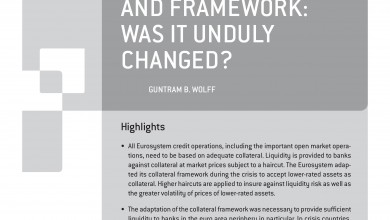While the exact decision of the Greek government is not yet to my knowledge clearly communicated, it appears that besides a bank holiday, the government intends to impose capital controls. The Guardian reports that for capital control measures to take effect, the Greek cabinet must approve the recommendations of the Greek financial stability council and a presidential decree is needed.
Legally, capital controls are relatively difficult to justify in EU law. However Article 65(1b) TFEU provides a loophole in the EU treaties. The free movement of capital in the European Union is a fundamental principle codified in the Treaty on the Functioning of the European Union (TFEU); see Article 63(1). While the TFEU allows countries outside the euro area to “take the necessary protective measures” when a sudden balance of payments crisis occurs (Article 144(1)), euro-area countries do not have such a right. Article 65(1b) acknowledges the right of all EU Member States to “take measures which are justified on grounds of public policy or public security”. In addition, Article 65(3) states that such measures “shall not constitute a means of arbitrary discrimination or a disguised restriction on the free movement of capital and payments as defined in Article 63.”
Economically, as I have argued in the case of Cyprus, capital controls are a contradiction in terms to monetary union. A euro is a euro only if it can circulate freely in the entire monetary union. With capital controls, the Greek euro will be worth less than the French or German euro and therefore ceases to be a euro.
The statement by Greek PM Tsipras that Greek deposits are safe is therefore wrong. Their value is already now significantly lower than their face value.
The good news, however, is that capital controls can be reversed. For capital controls to be reversed and Greece to remain in the euro, a necessary condition is that the ECB is ready to provide abundant liquidity to all solvent banks. This is unlikely to happen without prior political agreement in euro group. Like it or not: The limits of monetary union are the limits of political union.


